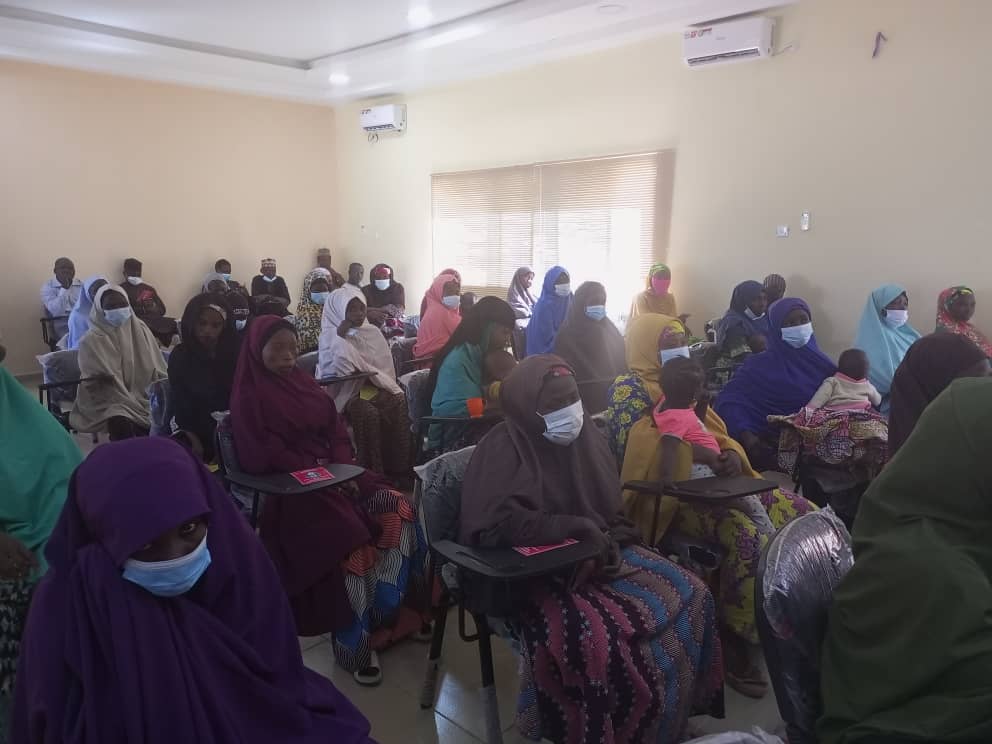
The National Agency For the Prohibition of Traffic in Persons northwest zone has reaffirmed commitment towards eradicating human trafficking in Nigeria.
The northwest zonal commander of NAPTIP, Barrister Abdullahi Babale stated this during a sensitization workshop on child labour and human trafficking organized by the agency in collaboration with member representing Dawakin Kudu/Warawa federal constituency, Alhaji Mustapha Bala Dawaki, held in kano.
He explained that the agency would not relent in its efforts of sanitizing the country against all forms of vices against humanity.
The zonal commander noted that,the northwest zonal office was working with relevant stakeholders including traditional and religious leaders to enlighten people at the grassroots on the effects of child labour and molestation.

Barrister Abdullahi Babale commended the kano state government for submitting the draft child protection bill, saying that if passed into law, the bill would protect under age children against all forms of aggression.
In his remarks, the member representing Dawakin Kudu/Warawa federal constituency, Alhaji Mustapha Bala Dawaki said the sensitization was aimed at encouraging parents to send their wards to schools rather than engaging them in harmful acts capable of destroying their lives.
Mustapha Bala Dawaki who was represented by a former member from Kwara State, Olayonu Danladi, decried rising cases of school-age children sent out to neighbouring states as house helps.

Presenting papers on effects of child labour and human trafficking, head of enlightenment unit NAPTIP kano zonal command, Malam Aliyu Abba, Surajo Nasiru and Adamu Nda Yusuf of investigation unit said the organization was established with a mandate to checkmate human trafficking and described trafficking as one of the three major offences in the country.
The sensitization workshop was attended by government officials, traditional and religious leaders, parents students and the general public.
KHADIJAH ALIYU
